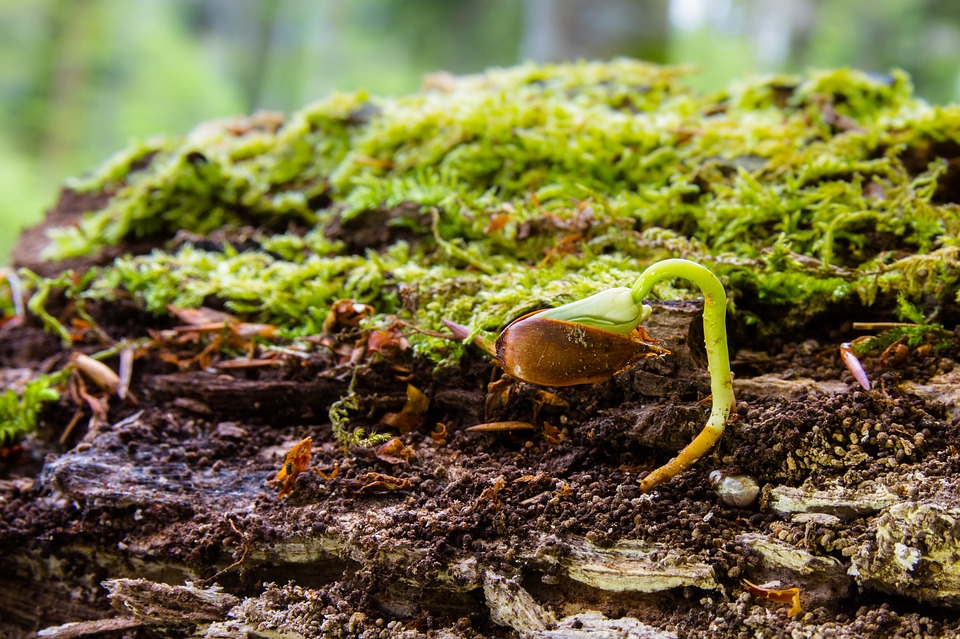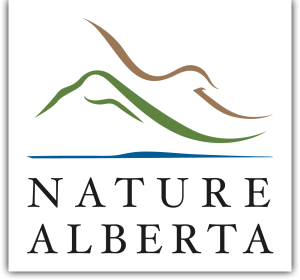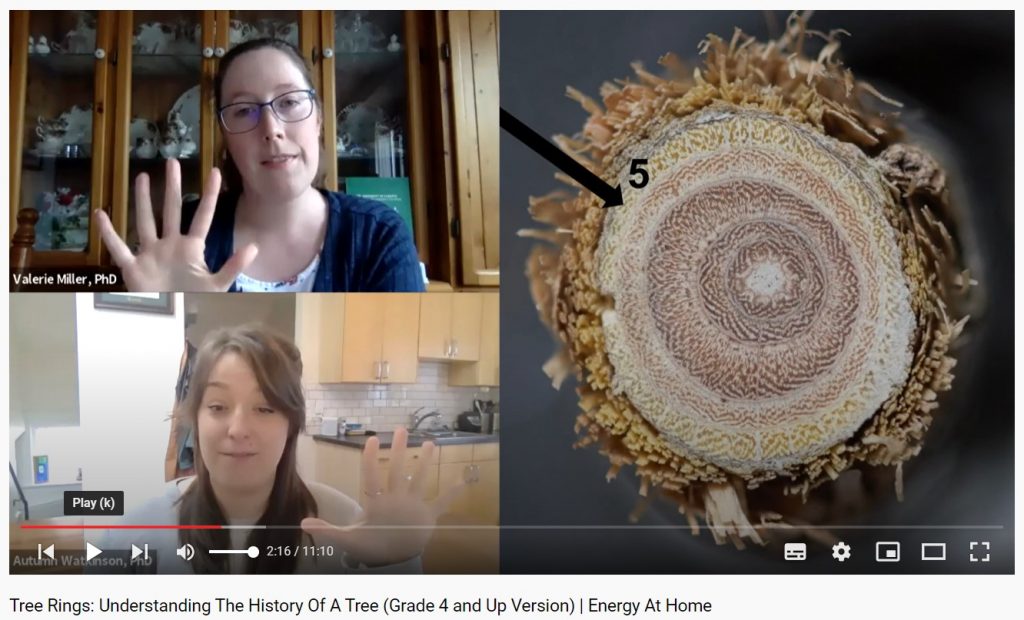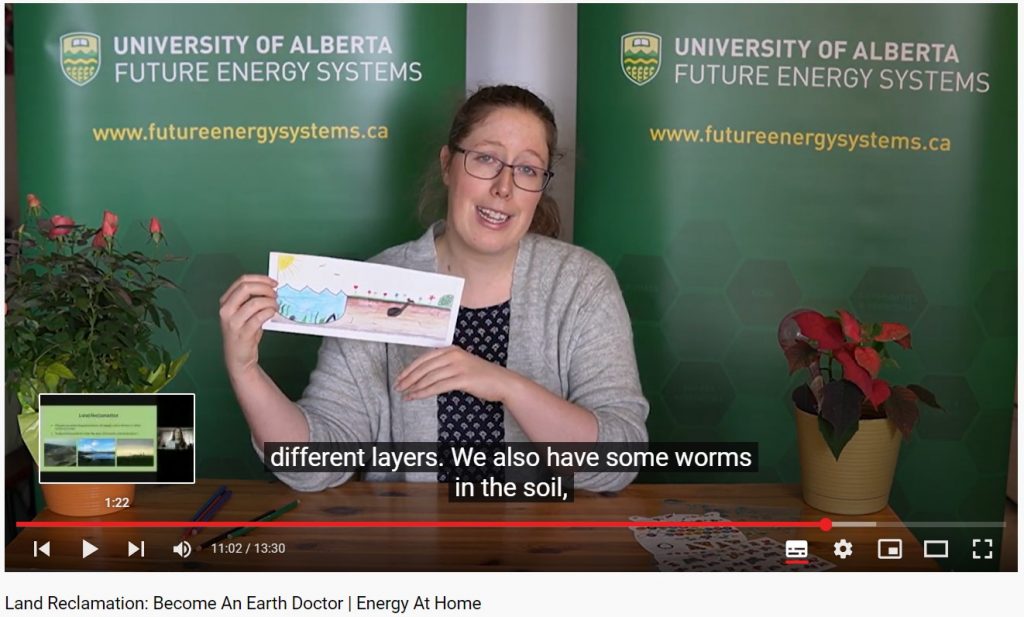Learn About Nature – Whenever, Wherever

Do you have questions about nature? That’s natural! It’s a big world out there and, luckily, we’ve got some answers!
A healthy bit of curiosity can bring you far, but even the strongest trees start from seeds. That’s why University of Alberta’s Future Energy Systems (FES) is devoted to creating and sharing high-quality educational content for all ages, including a special, ever-growing playlist of nature-themed videos, featuring experts from different fields and specialties, available on the Future Energy Systems YouTube Channel. These resources are always available when you want them; whether you’re at home, outside, or at school - all you need is an internet connection and a curious mind!
Do you know how to tell how old a tree is? Have you ever wondered about seeds and how they sprout? FES has you covered with a variety of plant-growth content, including “Tree Rings: Understanding The History Of A Tree” (with another version for younger kids) and “Let’s Explore Plants”. If you like hands-on learning, you can also undertake “The Journey of a Seed”, including a fun at-home experiment where you sprout your own seeds. If you’d like to explore how plants fit into their ecosystems, you can join in on “How Does A Peatland Breathe?”, and also build your own terrarium, a self-contained ecosystem in a jar.
If you’re curious about how humans are affecting nature, you’re not alone. Lots of information is out there, but it can be hard to know where to start. Sustainability is a big part of loving nature, so we recommend “Become a Sustainability Expert”, where you can learn more about at-home ways to protect our planet in your daily life. We all know that cities are having a big impact on nature too, which you can start diving into through “Exploring Urban Heat Islands”, looking at why it sometimes feels hotter downtown compared to your local park.
It’s unavoidable that human activities sometimes harm the environment, but that doesn’t mean we have to leave it like that. FES is proud to offer tonnes of resources covering the ways that we can return areas back to nature, including “Let’s Explore Land Reclamation”. You can join in on more fun home activities with “Land Reclamation: Become an Earth Doctor” and “Dirty to Clean, It’s Time to Build Your Own Water Filter”. If you want to start your journey to saving the planet, this is a great start!
Nature is inspiring, and hopefully some of this content will inspire you to a future exploring conservation, reclamation, or a million other things involving nature! If that might be you, we invite you to meet some of the people that are working in those fields right now, the researchers that are discovering new techniques and strategies to protect nature. Say hello to Yihan Zhao, a recent PhD graduate in the Faculty of Agricultural, Life and Environmental Science, studying land reclamation. Or you can meet Yueh-Hao “Ronny” Hung, a PhD Candidate in the Faculty of Agricultural, Life and Environmental Science, studying biofuels.
You can also see what it’s like to work in a research laboratory with behind-the-scenes access to lab tours, including the land reclamation lab where Yihan works, in “Cleaning Up Heavy Metals Using Carbon Based Materials”. Or join Marina Lazic, PhD candidate in the Department of Biological Sciences, as she explains bacteria and biotechnology, in “Using Bacteria To Reduce Methane And Produce Biodegradable Plastic”.
It’s likely there’s way more questions that we haven’t covered. All questions are great questions, and that’s why FES is proud to offer their “Ask an Expert” series. You can hear world-class researchers responding to questions from all ages, including “One Day, Will We Have To Go To Mars Because The World Is Ruined?” and “Is My Future Going To Be Affected By The Way We Treat The Earth?” Have a question you’d like answered? Feel free to drop it here, in the Ask an Expert question box and we at FES will do our best to get you your answers as soon as we can.
Nature is one of the most important things to protect on this planet, and one of the best ways to do that is to get informed. So, start your learning journey – or continue it – with educational content from one of Canada’s premiere research universities, University of Alberta, and the research community of Future Energy Systems. A better future starts with you!
Author: Catherine Tays, Research Communications Coordinator at FES. Catherine has a lifelong interest in environmentalism, two dogs, and a PhD in Microbiology and Biotechnology from the University of Alberta.



